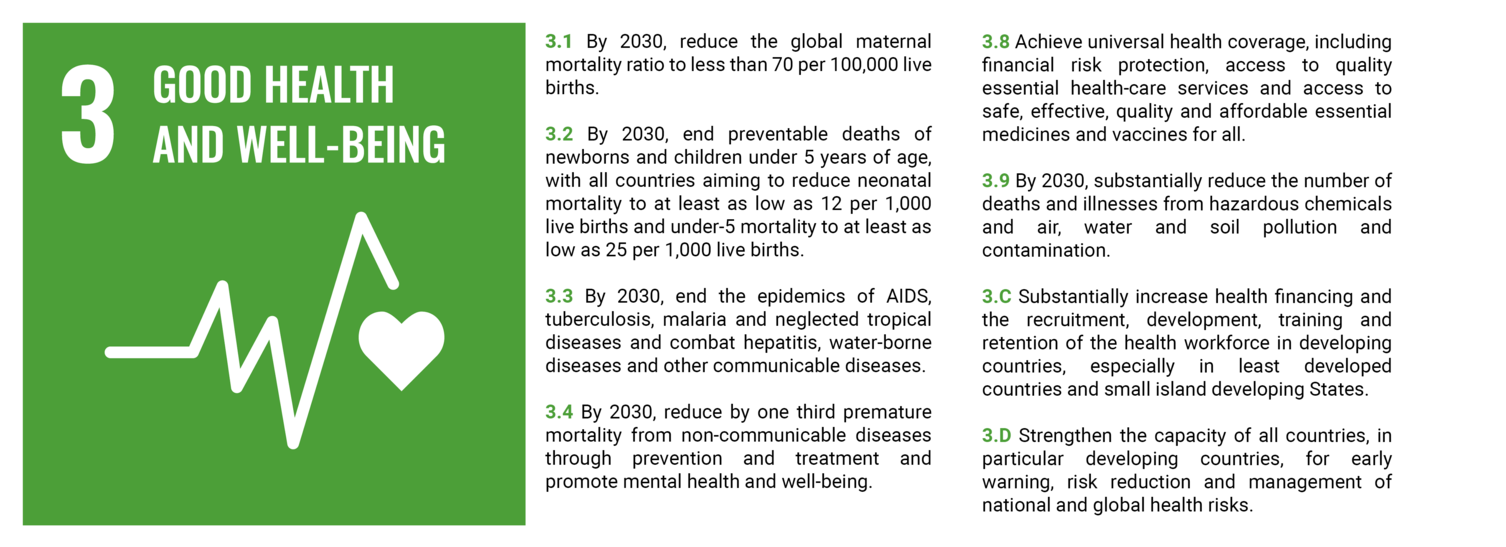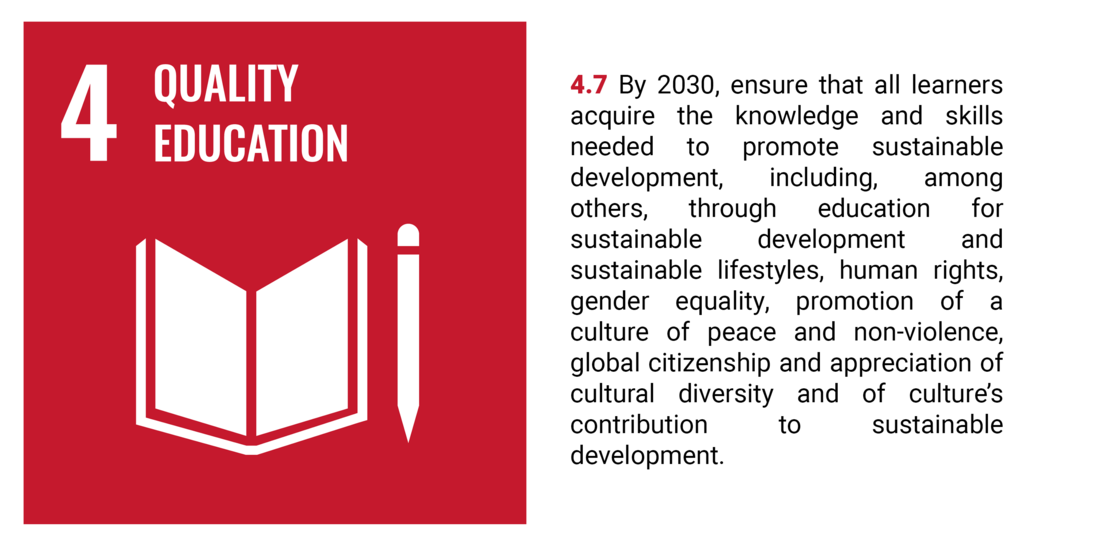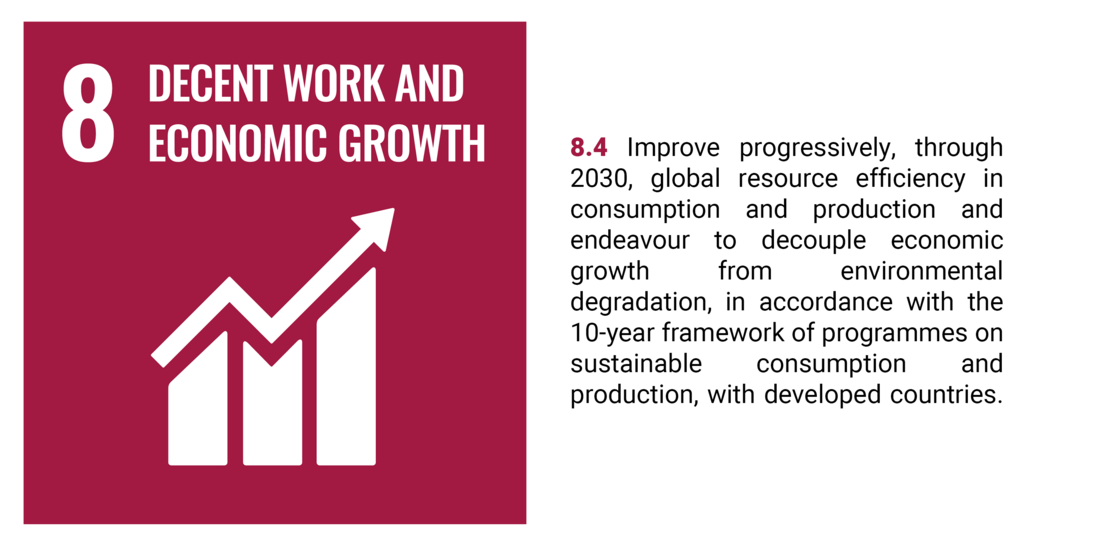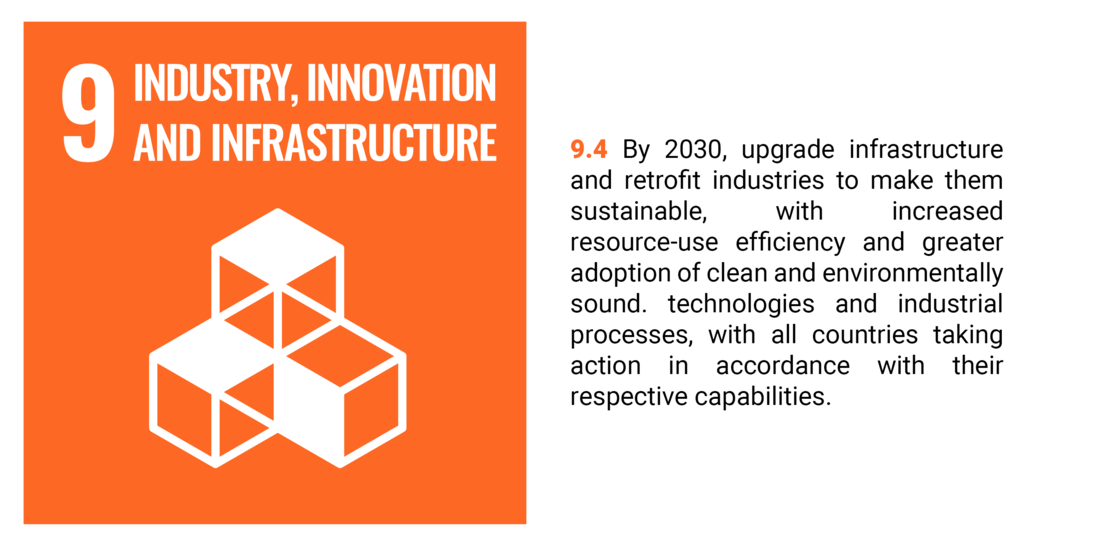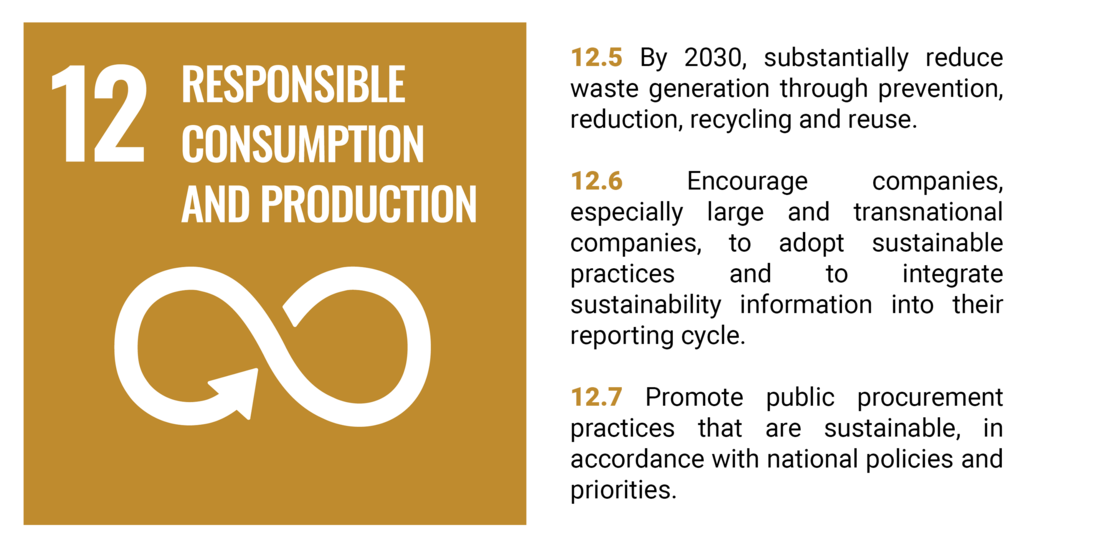Medical Technology
We believe in creating healthcare systems that deliver efficient and high-quality care for an exponentially growing world population in an affordable and accessible way while minimizing the impact on the environment. This means addressing diverse, multi-faceted challenges such as the rising costs of healthcare, its scalability, and its quality; the importance of the patient's experience, and the move towards personalized and bespoke medicine. It includes the need to maintain a high quality of life for aging populations, and the imperative for rigorous, often large-scale monitoring of treatments and tools, including that of increasingly integrated medical technologies. All this while safeguarding the utilisation of associated big data and devising appropriate assessment systems, standards, and regulations.
Skills and competencies in critical areas
To this end, we educate healthcare professionals to apply impactful health technologies and methods, focusing on critical areas such as:
- Health technology for global care and low-resource settings, to develop and implement innovative solutions for hospital logistics and improvements in system design. This includes methods to implement and manage the lifespan of biomedical equipment, leveraging mobile technology, telemedicine, and point-of-care diagnostics.
- Medical technology, to increase the quality of care while reducing operational costs, by optimising workflow processes and improving care technology. This includes smarter logistics and transport technology, process and cleaning automatization and covering the patient journey, instrument flows, the operating room, and sterilization and cleaning facilities.
- Data-enabled health systems, to understand how data revolutionizes health(care) systems by providing real-time insights into patient health, improving diagnostics and prevention, and enhancing personalized treatment plans. And to be able to use advanced analytics to optimise resource allocation, streamline operations, and facilitate research, ultimately achieving a more effective healthcare delivery and improved patient outcomes.
- Sustainable healthcare, to implement practices such as green infrastructure, energy-efficient technologies, circular resource and material management, and waste reduction. And to understand how embracing digitalization, minimizing single-use items, and implementing eco-friendly policies contribute to a more environmentally conscious healthcare system.
- Tech-savviness, to utilise advanced tools, digital platforms, and data analytics to enhance patient care, streamline administrative processes, and stay abreast of technological advancements.
For whom
Our courses and programs are specifically tailored to healthcare specialists or medical consultants, for MedTech entrepreneurs or researchers, analysts, or other professionals in the health sector. To those who wish to build their knowledge and skills to integrate viable and affordable technology into their healthcare system, while adopting innovative, successful MedTech solutions for all.
The are also of value to other interested professionals such as innovative care and insurance professionals, hospital managers and green teams, policy makers, consultants, and education experts.
United Nations Sustainable Development Goals
Our courses and programmes are aligned with several of the UN SDGs. By equipping learners with the necessary knowledge and skills, we aim to accellerate the positive impact individuals and organisations can have on the challenges we collectively face. Our Medical Technology portfolio contributes to the goal below.

